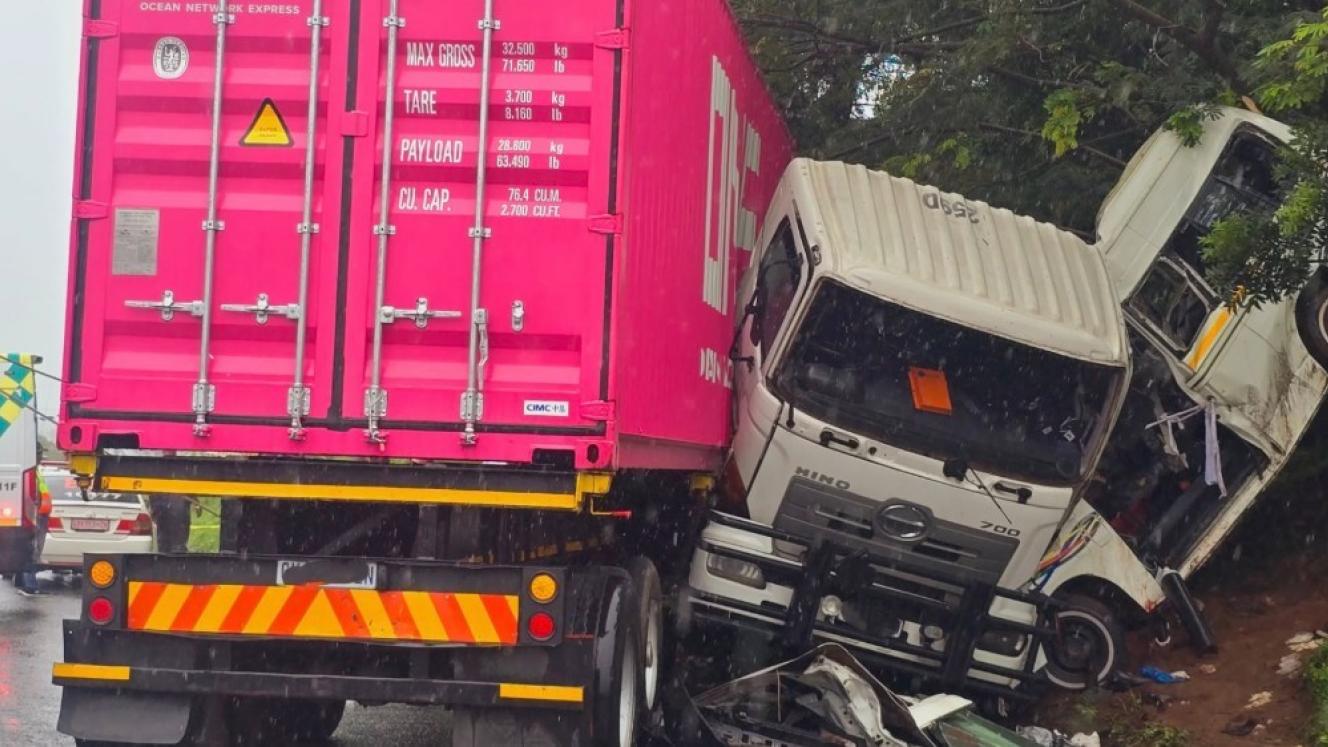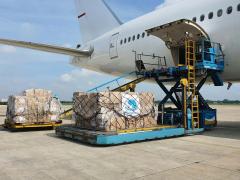The capacity for crucial decisions at a critical time is highlighted by the logistics and supply chain industry’s propensity for disruption, partly mitigated by artificial intelligence (AI) and digital means – but only partly.
To act fast and with confidence still takes a head filled with useful knowledge and a heartbeat behind it.
Is this ability still there, like the Beatles sang on Rubber Soul – to Think for yourself?
Ingrid du Buisson, CEO of the Institute of Customs and Freight Forwarding, says the capacity to keep it cool and stay on track through clear thinking when the pressure’s on has to do with STEM skills – science, technology, engineering and mathematics.
Mostly, though, it starts with math.
Thing is, even for those who take mathematics all the way through to matric, the standard of education in South Africa doesn’t add up to global standards, it seems.
She’s also not alone in thinking so, as Charles Dey, an industry veteran and training consultant, supports this train of thought.
Asked during an ICFF session with industry executives whether today’s industry youngsters have the confidence to think and act critically when it matters most, or whether AI is used as a safety net, Du Buisson said there were “massive gaps”.
Foremost is the ability to think logically.
Whereas physics in past times used to wire young minds with the means to think for yourself, Du Buisson said many young school leavers were functionally illiterate.
This is especially the case with scholars who think they can leave school with a grade nine qualification and walk into a career in the cargo industry, which was possible perhaps in the previous century, not too long ago.
Now, premature school leavers, “lack the ability to comprehend what they are reading”, Du Buisson says.
“Our generation was wired differently. Today, AI is often an easy way out.”
Dey, who said he’d been intimately involved with developing curriculums for the industry, argued that the education of freight forwarders according to globally accepted norms and standards didn’t make things any easier.
He said by the time local qualifications and assessment tools had finally passed muster with the necessary bureaucrats, the international industry had already moved on, rendering training almost irrelevant.
He stressed that even millionaire entrepreneur Vusi Thembekwayo had got involved in training young business students, only to discover that they lacked two core fundamentals – the ability to formulate a cohesive business plan and being able make sense of a balance sheet.
“In other words,” said Dey, “they can’t analyse. They don’t have the basic ability.”
He added that the low standard of South African math education at matric level had sadly not gone unnoticed overseas.
- The ICFF has committed itself to professionalising tertiary education in the customs and freight forwarding industry. Read about the institute's efforts in our "Columns" section.













